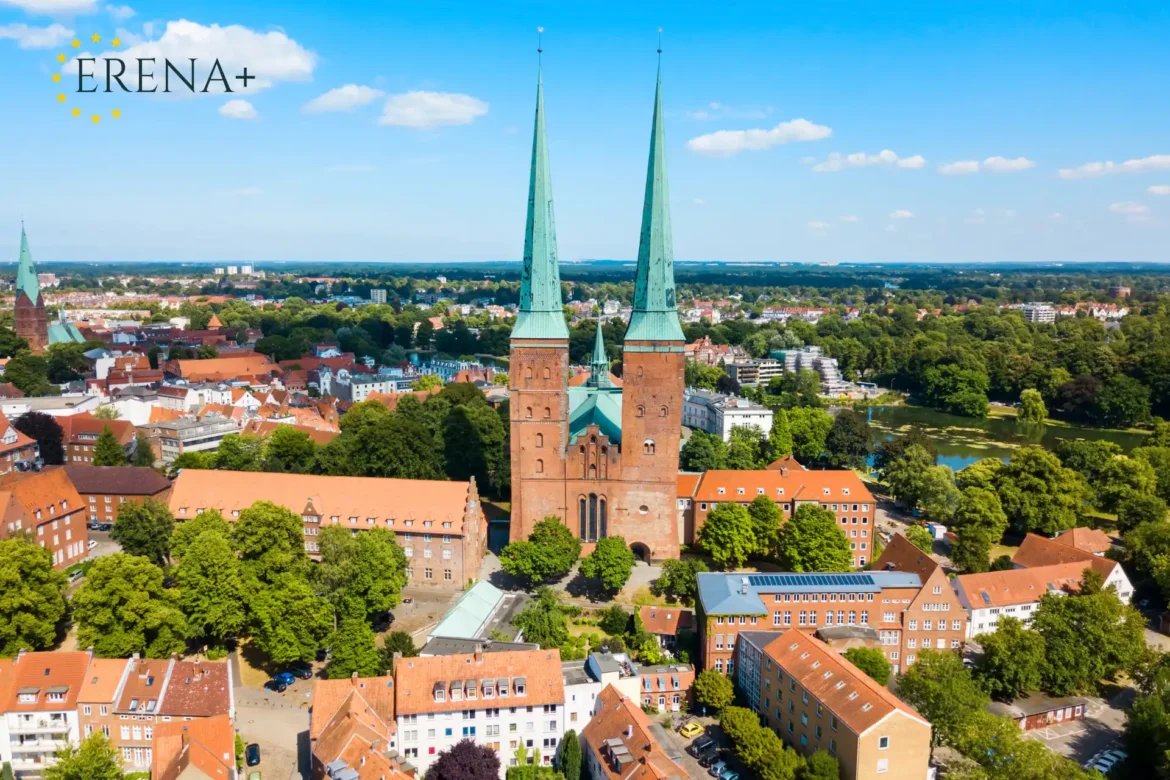Lübeck, a picturesque city in northern Germany, is known for its medieval architecture and proximity to the Baltic Sea. With a rising population, the city is grappling with a pressing issue: affordable housing. In this article, we explore the causes of the housing crisis in Lübeck and the solutions that are being implemented to meet the growing demand.
Lübeck’s Rising Housing Demand
Lübeck is seeing a steady increase in population, partly due to its strategic location near Hamburg. This influx of residents has put immense pressure on the city’s housing market. With more people looking for homes in the city, rental prices are rising, making it harder for middle- and low-income families to find affordable living spaces.
In 2023, the average rent for a 70m² apartment in Lübeck was around €10-12 per square meter, significantly higher than in other smaller cities in Germany. As Lübeck’s population grows, the need for affordable housing has become a critical issue.
Factors Contributing to the Affordable Housing Shortage
The affordable housing shortage in Lübeck can be attributed to several key factors:
- Limited Housing Supply: Land availability for new housing is restricted, particularly in the city center, making it difficult to meet the demand.
- Increased Demand from Commuters: Lübeck’s proximity to Hamburg has made it a popular choice for commuters, further driving up demand for housing.
- Rising Construction Costs: The construction sector is facing increased material and labor costs, slowing the development of new affordable housing units.
- Gentrification: Urban renewal projects in certain areas have led to rising rents, pushing out lower-income residents and contributing to the affordability crisis.
Solutions to the Affordable Housing Crisis in Lübeck
The local government, in collaboration with private developers and other stakeholders, is taking several steps to address the housing shortage. Here are some of the key initiatives:
1. Public Housing Projects & Subsidies
Lübeck has initiated public housing projects that focus on building affordable rental units. The city also provides subsidies to support low-income residents, especially students, seniors, and young families. These efforts aim to make housing more accessible to a broader range of people.
2. Utilizing Available Land
To maximize space, the city is repurposing industrial sites, vacant buildings, and increasing the density of existing residential areas. This approach aims to create more affordable living options in both central and peripheral parts of Lübeck.
3. Private Developer Partnerships
Lübeck has partnered with private developers to increase the overall housing stock. These collaborations often involve including affordable housing units within larger residential projects, with developers receiving incentives such as tax breaks to encourage these initiatives.
4. Rent Control & Tenant Protection
Lübeck has implemented rent control measures to ensure existing residents aren’t priced out of their homes. The Mietpreisbremse (rent brake) law, which limits rent increases in areas with tight housing markets, has been applied in Lübeck to protect tenants from rapidly rising rents.
5. Sustainability in Housing Development
New housing developments in Lübeck are increasingly focused on sustainability. Energy-efficient buildings, green spaces, and eco-friendly construction materials are becoming standard in new projects. These initiatives help create a more sustainable living environment for residents while addressing the housing crisis.
Ongoing Challenges
Despite the efforts being made, Lübeck continues to face challenges in meeting the demand for affordable housing:
- Land Availability: The city’s limited land makes it difficult to build enough affordable units to keep up with demand.
- Rising Construction Costs: Material and labor costs remain high, slowing the development of new projects.
- Gentrification: As the city attracts more affluent residents, lower-income families may be pushed to the outskirts, exacerbating social inequality.
Conclusion
Lübeck is working hard to solve its affordable housing crisis through a combination of public housing projects, private sector partnerships, and innovative urban planning. While challenges remain, the city’s focus on sustainability and inclusivity is paving the way for a future where all residents can find a place to call home. If these efforts continue, Lübeck has the potential to remain an affordable, vibrant city for generations to come.

